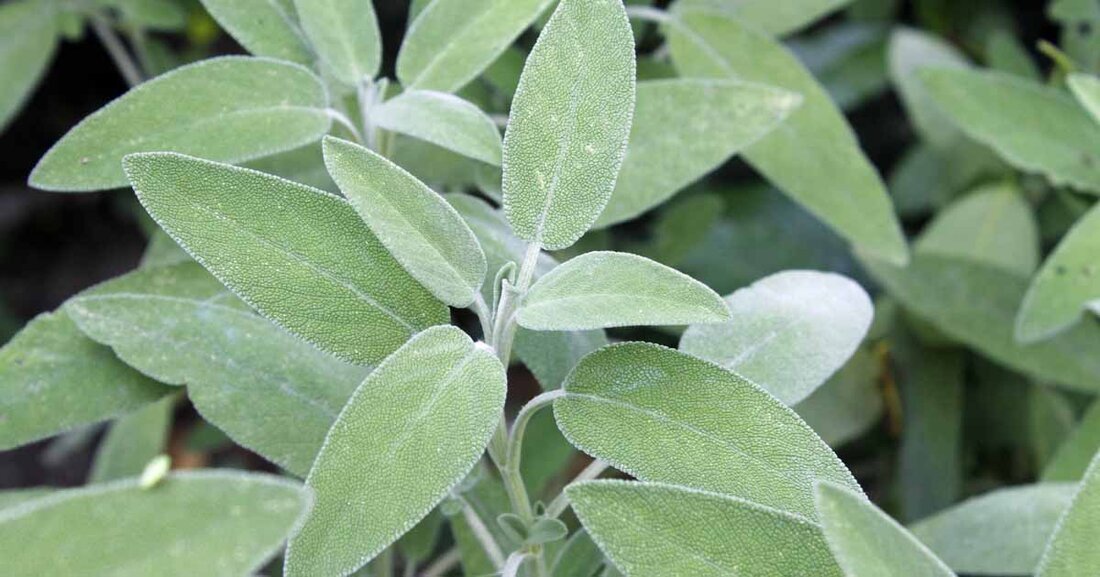The truth about stress and essential oils
Essential oils for aromatherapy are the highly concentrated essences of aromatic plants. The oils are found in various parts of plants such as flowers, twigs, leaves and bark or in the peel of fruits. For example, in roses it is found in the flowers, in basil in the leaves, in sandalwood in the wood and so on. Essential oils have numerous uses, but one of the most popular today is aromatherapy. Each of the organic essential oils used in aromatherapy can be used either alone or in combination to achieve a desired effect. Before using pure essential oils as part of an aromatherapy treatment, it is important to…

The truth about stress and essential oils
Essential oils for aromatherapy are the highly concentrated essences of aromatic plants. The oils are found in various parts of plants such as flowers, twigs, leaves and bark or in the peel of fruits. For example, in roses it is found in the flowers, in basil in the leaves, in sandalwood in the wood and so on.
Essential oils have numerous uses, but one of the most popular today is aromatherapy. Each of the organic essential oils used in aromatherapy can be used either alone or in combination to achieve a desired effect. Before using pure essential oils as part of an aromatherapy treatment, it is important to understand the effects of the oils and how aromatherapy works.
Aromatherapy is the art of using these oils to promote healing of the body and mind. The methods used to extract the oils are time-consuming, expensive and require a high level of expertise. Organic essential oils can be extracted using a variety of methods, although some are no longer commonly used today. The currently most popular extraction method is steam distillation. To extract the essential oil, the plant material is placed in a still (very similar to a pressure cooker) where pressurized steam flows through the plant material. The heat of the steam causes oil globules in the plant to burst and the oil evaporates. The essential oil vapor and steam then flow out the top of the alembic into a water-cooled tube where the vapors are condensed back into liquids. At this point, the essential oil separates from the water and floats to the top. This is a process best left to professionals.
Did you know that it takes over 220 pounds of rose petals to make just 4 or 5 teaspoons of oil? Did you know that it takes over 8 million jasmine flowers to make just 2 pounds of jasmine essential oil? Due to the large amount of plant material required, pure essential oils are expensive but also very effective. Only a few drops at a time are required to achieve the desired effect. Diffuse these oils in electric or tea light burners.
How essential oils work
Essential oils have a direct impact on our sense of smell, also known as “olfaction”. When essential oils are inhaled, olfactory receptors are stimulated and the impulse is transmitted to the emotional center of the brain, the “limbic system”. The limbic system is connected to areas of the brain associated with memory, breathing, and blood circulation, as well as the endocrine glands that regulate hormone levels in the body. The properties of the oil as well as the scent and its effect determine the stimulation of these systems.
When essential oils are used in massage oils, they are not only inhaled but also absorbed through the skin. They penetrate the tissues and enter the bloodstream, where they are transported to the organs and systems of the body. Because essential oils have varying absorption rates, generally between 20 minutes and 2 hours, it is not recommended to bathe or shower immediately after a massage to ensure maximum absorption and effectiveness.
Different essential oils have different effects on the nervous system, such as: E.g., energizing, calming, calming, headache relieving, balancing, insomnia, etc. Let's look specifically at the oils that are said to promote stress relief.
Amber essential oil is known to create harmony and balance and has a calming effect on the body.
Basil essential oil has a calming effect.
Basil essential oil is best known for its anti-stress effects.
Bergamot essential oil balances the mind and increases well-being.
Chamomile blue essential oil has a relaxing and calming effect.
Clary sage essential oil is famous for its ability to calm and relax the mind and muscles.
Jasmine essential oil has a relaxing effect and ensures restful sleep.
Lavender essential oil (French) is a must for relaxing and calming.
Lime essential oil clears the mind and eliminates emotional confusion.
Tangerine essential oil is best for relieving stress, tension, insomnia and anxiety.
Myrrh essential oil can be credited with calming the nerves and promoting calm.
Palmarosa essential oil is hailed as a stress reliever. It also clears the mind and calms the senses.
Rosemary essential oil calms anxiety and stimulates the mind.
Rosewood essential oil can help relieve fatigue, nervousness and stress.
Mandarin essential oil can help reduce stress and tension due to its calming effects on the nervous system.
Thyme essential oil calms the nervous system and reduces anxiety and stress.
While no one will make definitive medical claims about essential oils, aromatherapy has been practiced for centuries with results that deserve attention. Many essential oils can be used in an aroma oil burner, mixed with carrier oils, mixed with bath and body products, or in a warm bath. Since the Essentials is a pure oil, warnings should always be heeded.
The next time your busy schedule presents you with stress that you want to relieve, try nature's remedy - essential oils.

 Suche
Suche
 Mein Konto
Mein Konto
